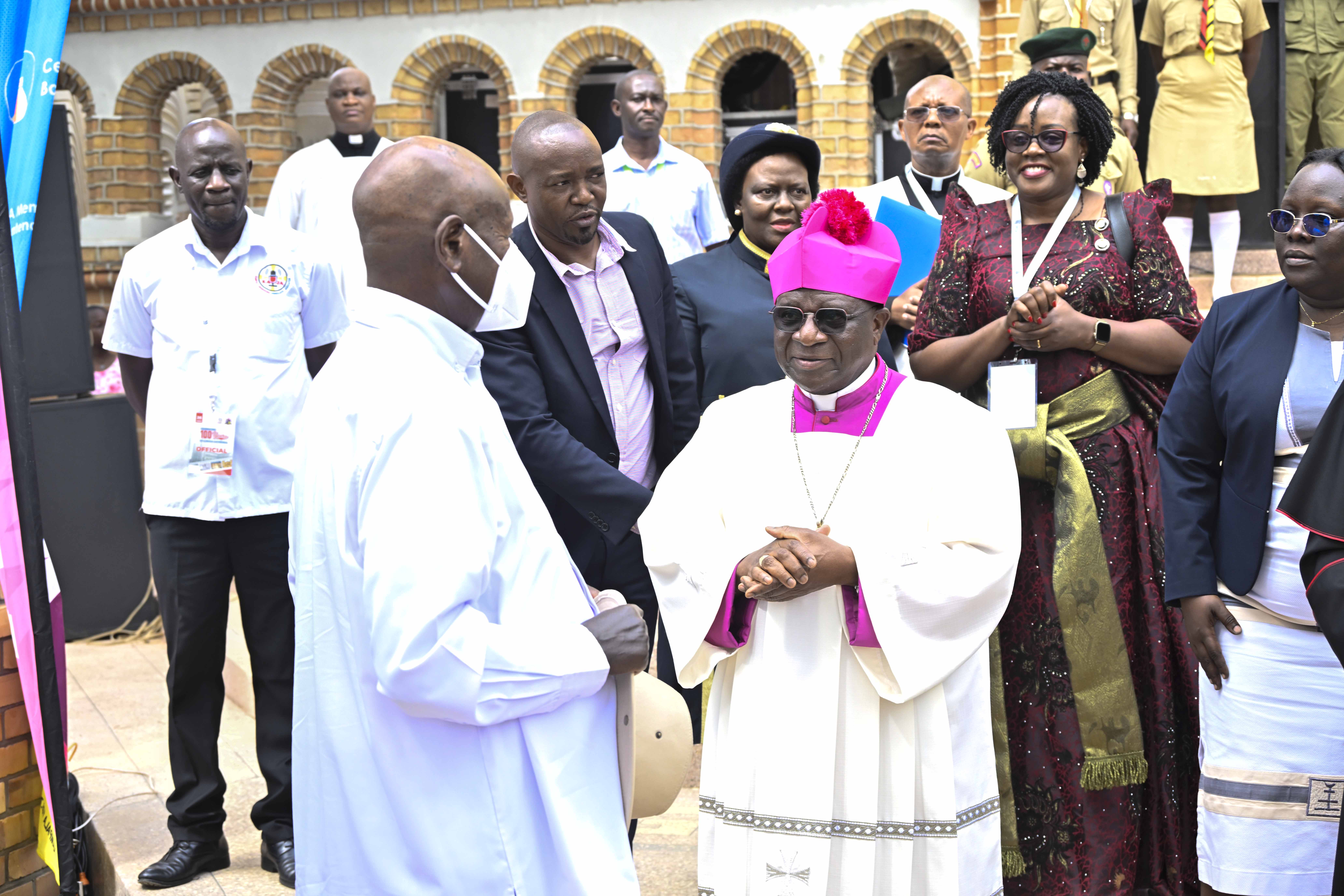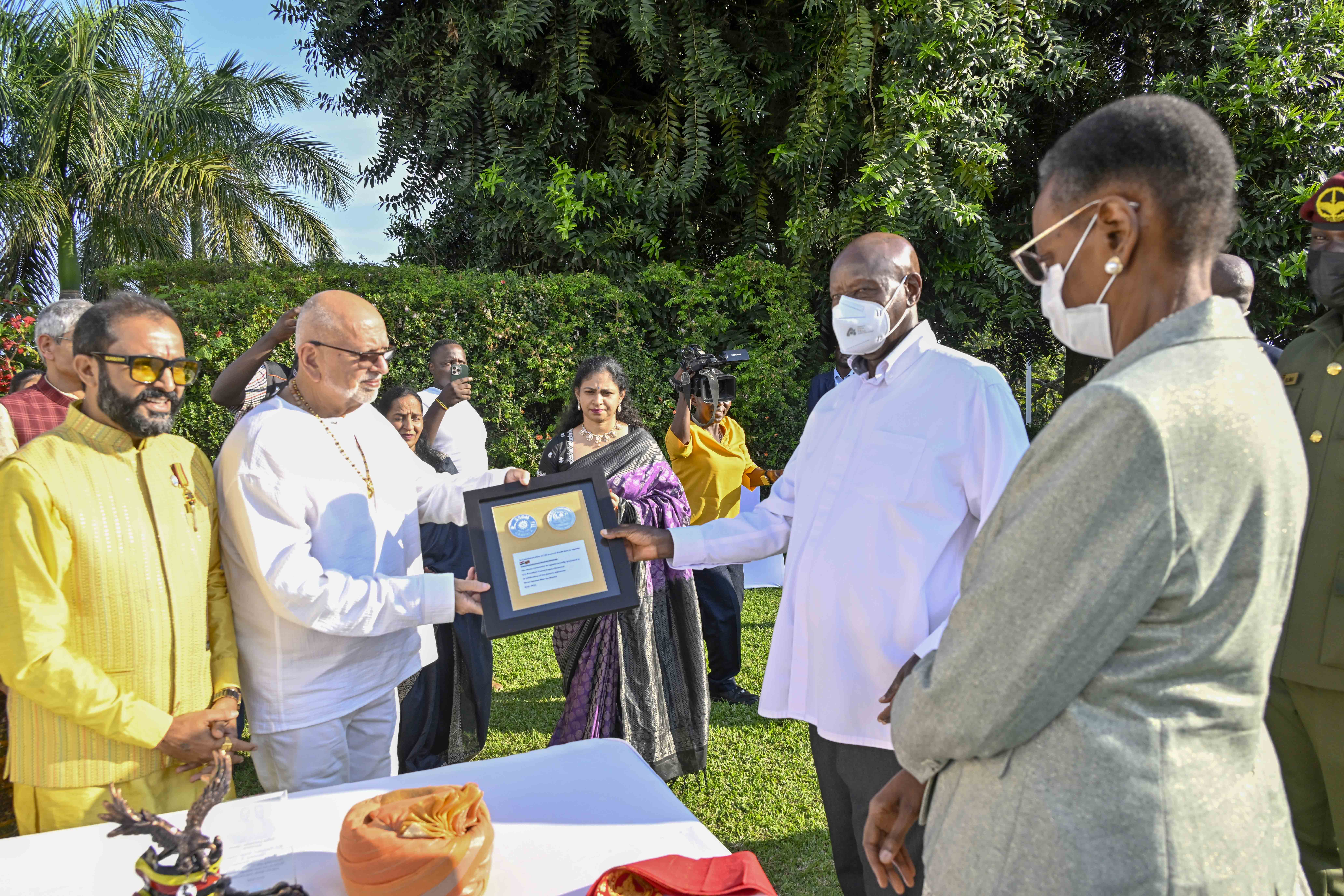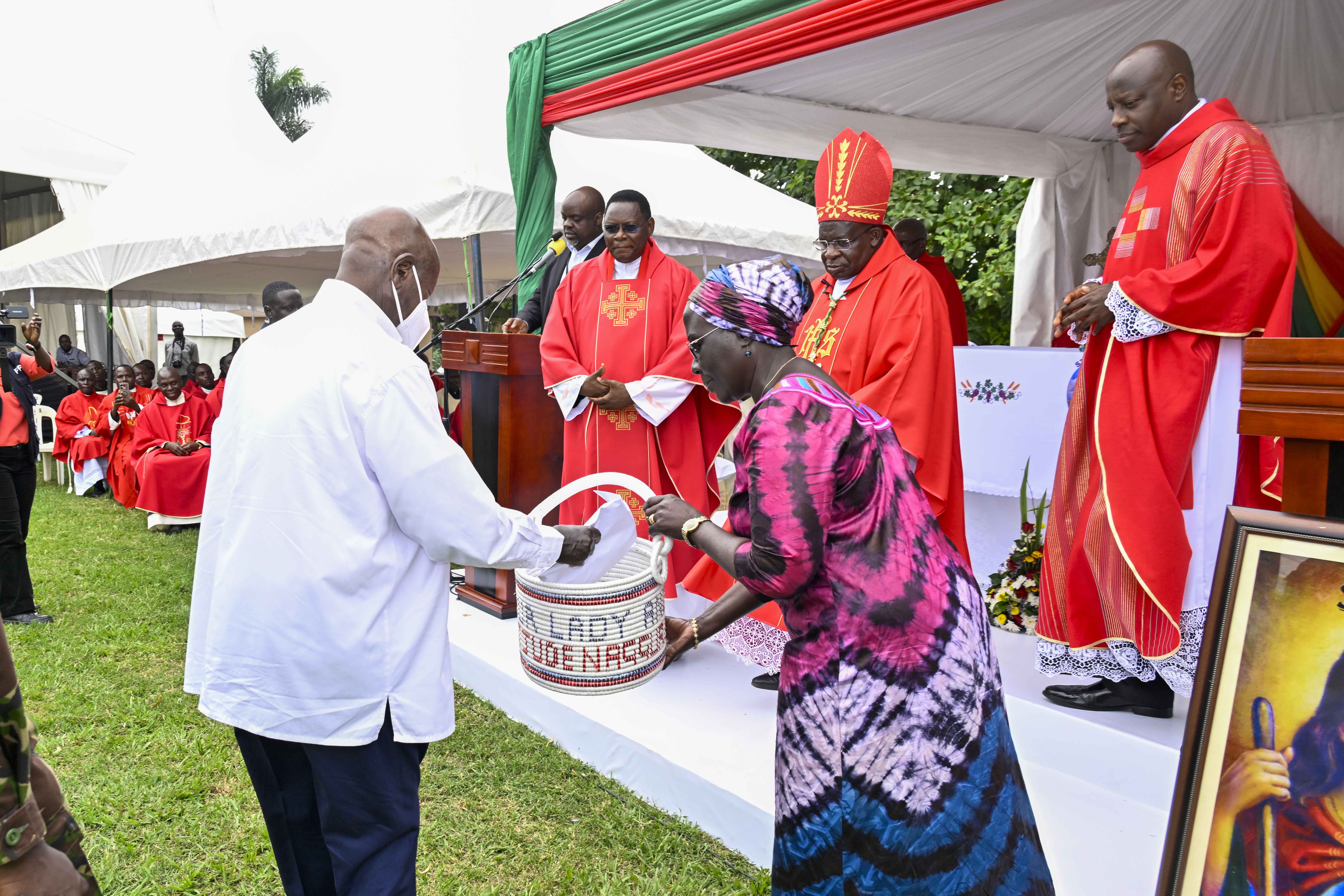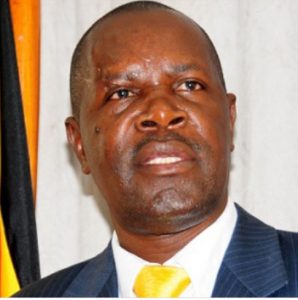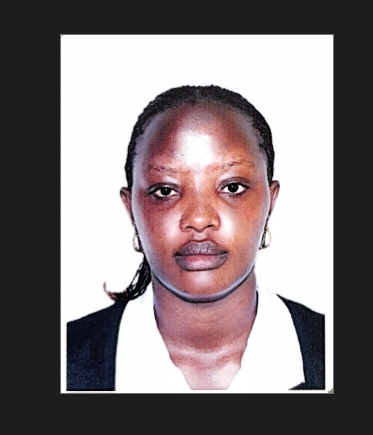
ARTICLE BY HIS EXCELLENCY YOWERI KAGUTA MUSEVENI REGARDING BAD FISHING
*THE REPUBLIC OF UGANDA* *ARTICLE* *BY* *HIS EXCELLENCY YOWERI KAGUTA MUSEVENI* *PRESIDENT OF THE REPUBLIC OF UGANDA* *REGARDING* *BAD FISHING* *20TH OCTOBER, 2025* *BAD FISHING IS AGAINST SCIENCE AND AGAINST TRADITION* Fellow Ugandans, there is controversy going on about the Fisheries Protection Unit of the UPDF and those who are accused of bad fishing practices. This is the story of fishing as I know it. Fishing (okujuba) is part of the ancient myooga (livelihood specializations) of this area. In the Ankore – Mpororo – Kyigyezi – Tooro – Bunyoro area, I grew up seeing fish from a distance because many of the Banyankore did not eat fish in the past. I, however, would see People using entukuru (basket snares) and emikoyo (some sort of fungus got from ant-hills), to catch eshoonzi (mud-fish). In 1958, I was part of a School trip of Kyamate Boys’ School, when we visited the Katunguru fishing processing centre and another centre known as TUFMUC on Lake George. At Mbarara High School and Ntare, we would see Peugeot 204 pick-ups, travelling at dangerous speeds, rushing to Kampala, taking the fish from the Katunguru area and even Lake Nyakyivaale (they were calling it Maziinga, then). These vehicles were called: “Zivuunda” (“the fish is in danger of rotting!”). The implication was that they must drive recklessly fast and reach Kampala before the fish rots. Many of these happenings in Uganda got off my screen during the 16 years we were in the resistance (1971-1986). In 1986 and even by 1980 after Amin, there was no more TUFMAC and no more Zivuunda. About the Entukuru (the basket snares for the mud fish), I did not get time to check. I inquired whether there was any modern fish processing facility in Uganda and there was none. Fortunately, after being in State House for a few days, an Italian Minister, Professor Francisco Forte, came to see me. In our conversation, he told me that there was USD 20 million that the Italian Government had put aside for Uganda. However, given the instability of the Country prior to NRM’s coming into Government, the money had not been touched. I immediately requested him to build a Fish Processing Factory for Uganda. The Italian Government used USD 14 million to build the Masese Fish Processing Factory. I can, therefore, be accused of being the instigator of the fish rush onto the lakes. The moment People knew there was money in fish, factories flocked in and so did the bad fishermen. By 2010, there were 22 factories bringing into the Country USD 158.5 million per year and employing 5.3 million Ugandans. However, at the same time, illegal fishing also started. The illegal fishing uses nets with small holes that catch young fish. Responsible fishing should ensure that only a fish of 11 inches (tilapia) should be caught. This would be weighing more than 1kg and would already have laid eggs at least more than once. Each time a fish such as tilapia lays eggs, it lays 100 to 1500 eggs. It is such a productive industry. However, when you use a net with holes below 5 inches, you catch fish that is still below 1kg and it has not laid eggs. It is a real genocide against fish. These bad fishermen, do not only eat enyena of fish (the female calves of fish), they also destroy the breeding bays of fish known as ebyoondo in Luganda. This is where tilapia and other types of fish lay their eggs. The Nile Perch lays its eggs deep in the lake in the rocks known as ebyeema. These bad fishermen, do not follow either Science or tradition. In tradition, they had some taboos that protected the lake and the fishing industry. One taboo, for instance, was “the Ancestors would tell other fishermen that places spared for fish breeding had marine spirits (Emisambwa). But this was not true, they were just sparing such places for fish breeding.” These bad fishermen, ignored all these taboos. As a consequence of all these mistakes, the fish stocks in lakes dropped and the factories that had flooded in, started closing. By the time, I brought in the Fish Protection Unit, only 8 factories out of the 22 were still open and they were also about to close. 12 factories are now open. My questions to the People of the fishing areas were: “Who are these that do not observe science and do not observe tradition?” “Why are the traditional fishing Communities not protecting the fishing industry like the Banyankore protected the Ankore long-horn cattle, the other Ugandans have protected the millet, the bananas, etc?” The answer I got, was that these invaders came with a lot of force and could not listen to the indigenous elders and their guidance. What, therefore, is needed, is for the indigenous fishing groups, area by area, to take the lead so that they supplement the science with their traditional knowledge so that the Fisheries Industry is preserved. Our plan is to develop a massive fish farming Industry, using Government equipment to excavate fish ponds on the periphery of all the swamps in Busoga, Bukedi, Teso, Lango, the Luwero area and the Nile Valley. Therefore, the Communities will be helped to use the wetlands more profitably and also restore the wetlands so that they keep the water for irrigation for the terrestrial Parts of the Country. It is, therefore, not necessary to go on crowding into the lakes using hazardous ways of fishing. Even if you did not care about the Fishing Industry in the lakes and rivers and, out of cheap popularity you said that let the lake invaders do whatever they want, we would face bigger problems. Yes, the remaining factories would close and the invaders would deplete all the fish from the lakes and the rivers. However, that would not be all. The fish in the lake are part of the balance of nature. In the lakes, the fish are eaten but they also eat. The Nile Perch eats the other fish. However, they also eat planktons — these are microscopic plants and animals. Some of these take oxygen from the lakes. When they are eaten by fish, they remain in check. If, however, they are not eaten when the fish has disappeared, they will multiply so much, take all the oxygen from the water, leading to the death of all living animals in the lakes: the toads, the frogs, the snakes etc. These help to keep the balance of nature by eating the larvae of mosquitoes, the other insects like the lake flies, etc. Therefore, the fish are not only for the economy and food for some of the People, but also important for the ecological balance and even for Public Health by controlling mosquitoes. Working with the indigenous fishing Communities as the lead-agents area by area, we should study how to implement the following: (1) Create a fishing fund, separate from PDM to enable the legitimate and legal local fishermen to acquire the right boats and the right fishing nets that will only catch the mature fish but not the mudeke (the enyena — female calves of fish). (2) Only allow a limited, appropriate number and stop the mujuzo (flooding into the lakes and the rivers). Even Namboole has a limit as to how many spectators should be allowed in the stadium. Here you need legitimate criteria. That is why I emphasize the indigenous communities, area by area. This does not exclude the others. However, you must have a clear criteria as to why A and not B. (3) All the fish breeding areas, must be identified, gazetted and protected. Nobody should fish there or build there — landing sites, resorts, etc. How about cultivating on the nearby shores? The fisheries experts will guide us. The breeding centres near the shore are called ebyoondo which means mud in Runyankore. These are for the tilapia (engege). The Nile Perch breeds in the rocks, deep in the lake. They are called ebyeema, which means a bull mounting a cow in Runyankore. These must also be appropriately protected. (4) However, the real answer to fish production is fish-farming at the edges of the swamps in Busoga, the Luwero area, Bukedi, Teso, Lango, Acholi and the Nile Valley. This is literally a gold mine. The global demand for fish and fish products is USD 391billion while that of coffee is USD 460 billion. From my fish pond in Lango, under Dr. Ocen, as part of my 4 acres model, I get Ug. Sh. 100 million per harvest of the fish, after feeding them for 8-9 months. All the experiments I have done in Kawumu, Kabaale, Limoto, etc, show that fish-farming is a gold mine. It would end the misuse of the wetlands by growing rice from where you only get Sh. 1.3 million per acre per year. In an acre, you can have 2 fish ponds of 20 metres by 50 metres. The fishermen are 7,000 years behind the cattle keepers, who started domesticating cows that far back. Fish farming would shift economic use from the centre of the swamp, as is with rice now, to the periphery of swamp (Mwiga); thereby restoring the swamp in the centre, restoring the water in the centre that can be used for irrigation and the swamp grasses such as the bigugu (Cyperum Latifolia) that is always used for mulching gardens (kwarira). Therefore, bad fishing is both dangerous and unnecessary. Dr. Muranga at Bushenyi, through the use of irrigation and fertilizers, gets 53 tonnes of bananas per hectare per year while the nearby Banyankore get only 5.3 tonnes per hectare, per year. (5) There are other economic diversification efforts that the State House Staff, led by Dr. Hillary Musoke and team, have already started in the areas of Najja, Ngogwe, Nyenga, Bukunja and Kiyindi in Buikwe District. They help the former fishermen to engage in alternative enterprises which include: Fish fingerlings, feeds for both cage and pond fish farming, poultry farming, cattle keeping, piggery, etc. These efforts will be expanded and intensified. Yoweri Kaguta Museveni PRESIDENT OF THE REPUBLIC OF UGANDA

